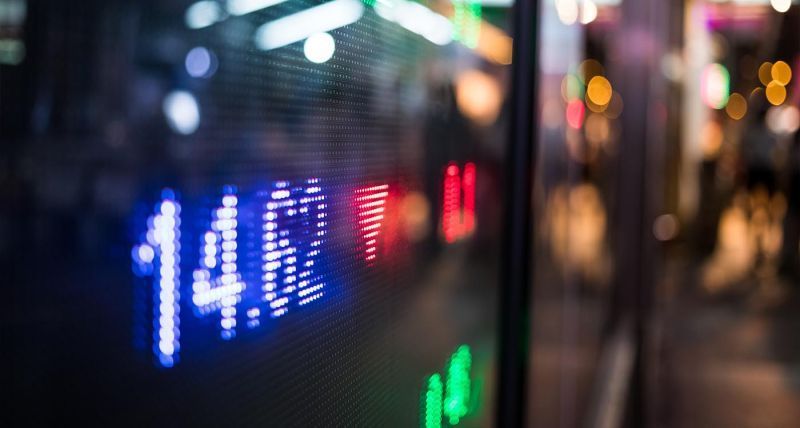
Amid record highs and crushing lows, global markets are navigating a high-stakes 2025. Fueled by a technology boom yet burdened by debt and geopolitical uncertainty, they swing between euphoria and dizzying volatility.
Since January, major stock indices such as the S&P 500, Nasdaq and Euro Stoxx have shattered records. Fueled by surging optimism around artificial intelligence, global finance seems to be reliving its golden era. Yet beneath this spectacular rise, the ground is quaking. Every peak is followed by a dark day. In just hours, billions of dollars could vanish.
“All the conditions are in place for a single spark to trigger a sudden collapse,” a portfolio manager told This is Beirut. The remark captures the market’s jittery mood, as investors celebrate gains while nervously eyeing the next shock.
What Is Driving This Explosive Instability?
“Stocks are trading at unprecedented levels, often detached from economic fundamentals. Loss-making artificial intelligence companies are now valued higher than century-old industrial giants,” says one expert. Investor Rajiv Jain of GQG Partners adds, “The AI frenzy could trigger an even harsher collapse, built on unsustainable profits and fragile business models.”
A handful of leaders in AI, cloud computing and semiconductors account for the bulk of market gains. This concentration leaves markets exposed: a setback in these stocks could rattle global indices.
Meanwhile, governments are grappling with soaring debt even as investors celebrate record highs. The International Monetary Fund (IMF) projects that global public debt will reach 100% of global GDP by 2029.
“A rate hike or a loss of confidence in the creditworthiness of a major country could spark a wave of massive sell-offs,” warns the expert.
Trade tensions, regional conflicts and unpredictable central bank decisions further fuel instability. Reflecting this anxiety, the VIX, the so-called fear gauge, has hit its highest level in two years.
Consequences Beyond the Stock Market
Financial shocks never remain confined to trading screens. “Every correction erodes confidence, slows investment and freezes hiring. A prolonged market slump would depress consumption, strain heavily indebted companies and could trigger a global liquidity crisis. In an extreme scenario, the technology sector, currently the engine of growth, could become the epicenter of a shock rivaling 2008,” warns one expert.
In 2025, markets are propelled by enthusiasm yet weighed down by excess. The challenge for investors is clear: distinguish sustainable trends from speculative mirages. In a market this fragile, it takes only a single spark to turn soaring peaks into an abyss.




Comments